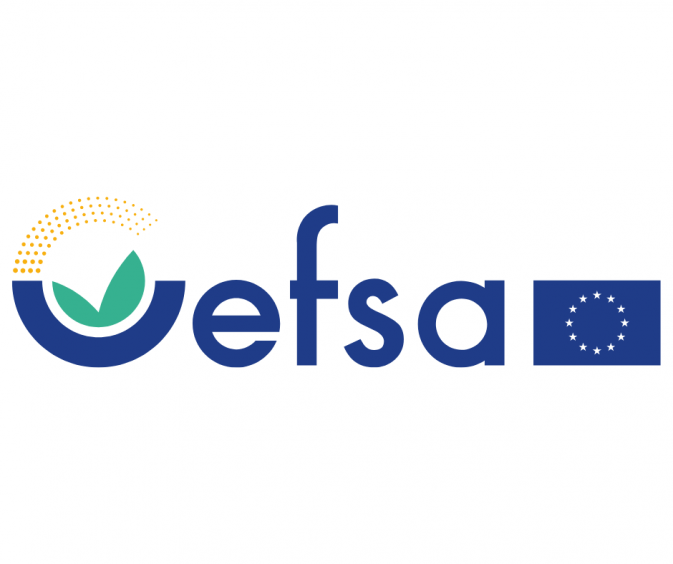Synergies for Sustainability: EFSA gives the stage to WildPosh and PollinERA

In an effort to put biodiversity back on a path to recovery and preserve ecosystems and their services, the European Executive Agency (REA) has funded two new research projects PollinERA and WildPosh under the Horizon Europe framework. Their shared ambition is to provide better understanding of the exposure routes and toxicological and ecological impacts of chemical pollution on terrestrial biodiversity and ecosystems. In order to maximise impact and ensure sustainability of results, the two projects will unfold in close collaboration, including joint communication activities and events, joint data management strategy and alignment of activities to solidify the quality of final outputs.
EFSA (European Food Safety Authority) is an agency of the European Union set up in 2002 with the goal of protecting consumers, animals, plants and the environment through independent and transparent scientific advice on risks in the food chain from farm to fork. The recent EFSA KIC meeting served as a platform to introduce both projects to a broad audience, including stakeholders within EFSA and beyond. With an impressive turnout exceeding fifty participants and a diverse range of attendees, the meeting emphasised the significance of collective efforts in addressing environmental challenges. The project coordinators of both projects, Prof. Christopher J. Topping (Aarhus University) and Prof. Denis Michez (University of Mons), attended as well and gave presentations to explain in more detail the goals and objectives of each project.
A group of researchers involved in complementary projects such as PARC, Syberac, TerraChem, and PERA, alongside PollinERA and WildPosh, emphasises the necessity of coordination and alignment in engagement and dissemination activities. By synchronising efforts, the consortium aims to avoid overburdening scientists and stakeholders while maximising the impact of their initiatives.
To streamline engagement activities and optimise interactions with relevant stakeholders, PollinERA and WildPosh have agreed to establish an engagement calendar. This collaborative approach seeks to leverage existing EFSA-related engagement activities, which provide valuable opportunities for project partners and scientists to engage with the broader community focused on Environmental Risk Assessment (ERA).
Moreover, within the Pollinator Initiative, several working groups have been formed to facilitate regular meetings and discussions. While these activities may have different target audiences and have varied topical focuses, they present valuable opportunities for collaboration among projects. Looking ahead, more meetings will be scheduled to discuss practical aspects such as timing, participants, methods and content.